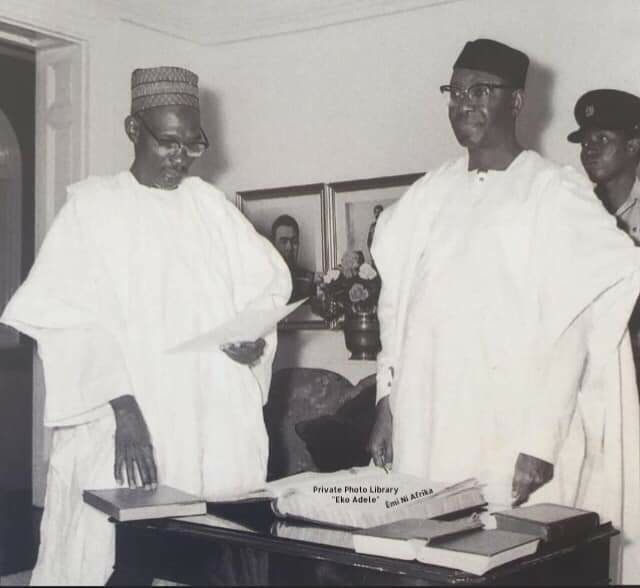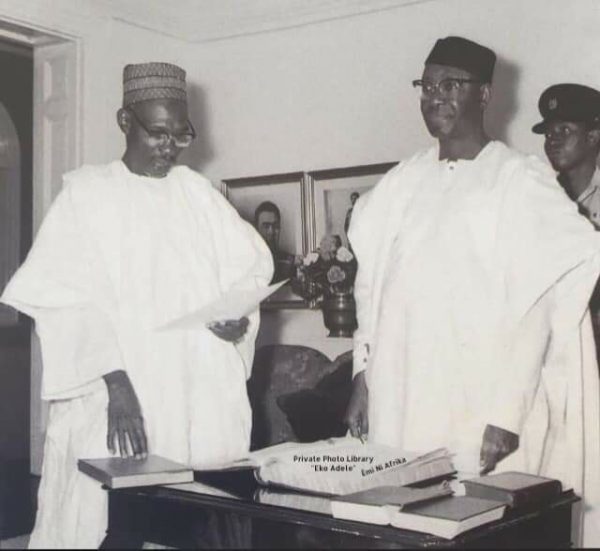Nigeria’s democracy is a complex and evolving political system, characterized by challenges and progress since gaining independence from British colonial rule in 1960. Here’s a timeline
Read more about Politics
Independence and First Republic
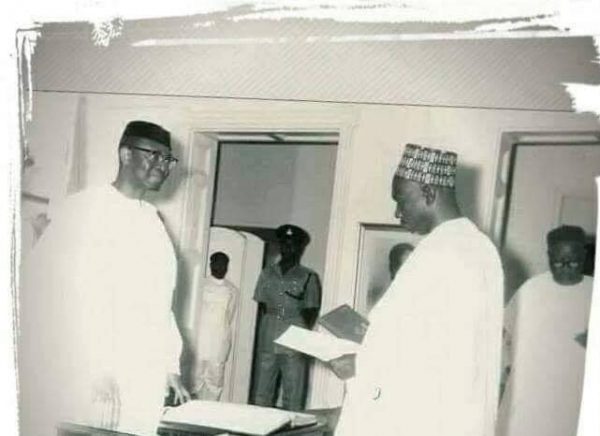
-
- Fact: Nigeria gained independence from British colonial rule on October 1, 1960.
- Fact: The First Republic was established in 1963 with Nnamdi Azikiwe as the first President and Tafawa Balewa as the Prime Minister.
Second Republic (1979-1983)
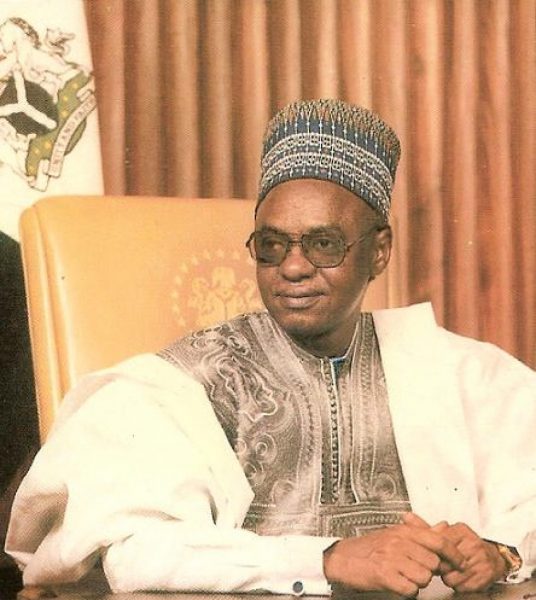
-
- Fact: After a period of military rule, Nigeria transitioned to the Second Republic in 1979 with Shehu Shagari as the first elected president.
- Fact: The 1979 Constitution introduced an American-style presidential system, replacing the parliamentary system of the First Republic.
- Fact: The Second Republic ended in 1983 following a military coup.
Third Republic (1993)
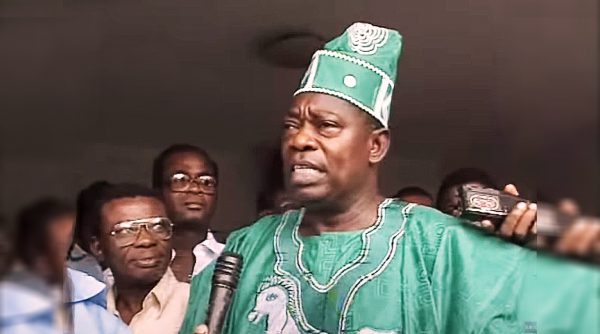
-
- Fact: The Third Republic was short-lived, starting with the annulled June 12, 1993, presidential election, widely regarded as Nigeria’s freest and fairest election.
- Fact: Moshood Kashimawo Olawale (M.K.O.) Abiola was presumed to have won this election.
-
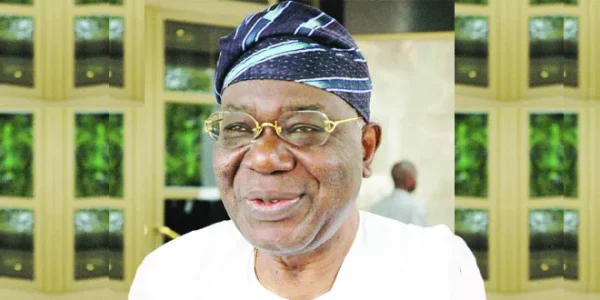
Connect Nigeria - Fact: General Ibrahim Babangida annulled the election results, leading to widespread protests and political instability. Ernest Shonekan was installed as the interim president
Sign up for the Connect Nigeria daily newsletter
The Role of Humphrey Nwosu
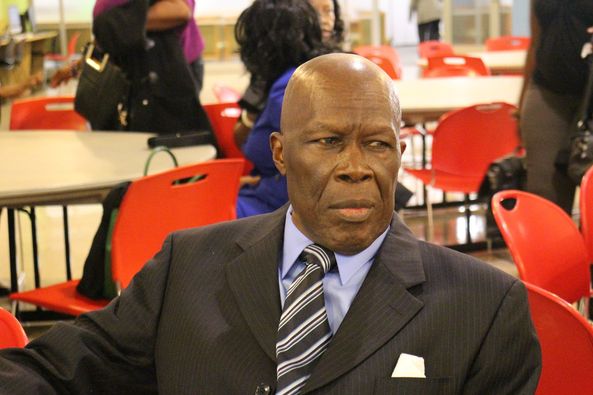
-
- Fact: Humphrey Nwosu was the Chairman of the National Electoral Commission (NEC) during the 1993 presidential election.
- Fact: He introduced the Option A4 voting system, which increased transparency and credibility in the electoral process.
- Fact: Nwosu’s reforms and the conduct of the 1993 election are still regarded as a significant milestone in Nigeria’s democratic history, despite the annulment.
Civilian Transitions
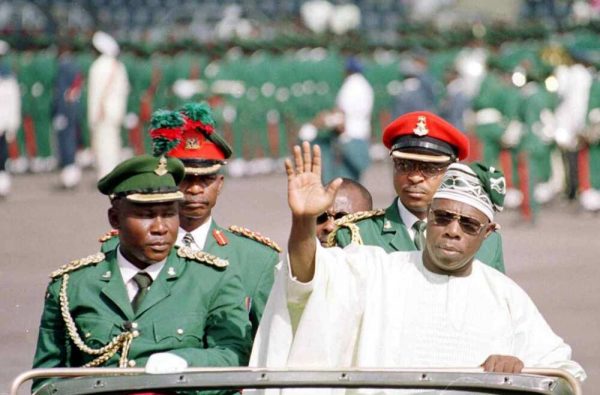
-
- Fact: The most notable transition to civilian rule occurred on May 29, 1999, marking the beginning of the Fourth Republic with Olusegun Obasanjo as President.
Fourth Republic and Democratic Consolidation
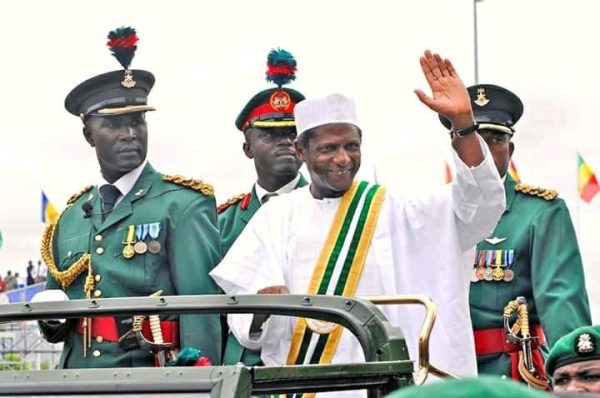
-
- Fact: The Fourth Republic has seen the longest period of uninterrupted civilian rule in Nigeria’s history.
- Fact: Since 1999, Nigeria has conducted six general elections (1999, 2003, 2007, 2011, 2015, and 2019), showcasing an evolving democratic process.
Register to attend the CN Business Mixer
Significance
Understanding these facts about Nigerian democracy highlights the country’s ongoing journey towards achieving a stable, inclusive, and effective democratic system. It underscores the importance of continued efforts to strengthen democratic institutions, promote civic engagement, and ensure that the democratic process is transparent and accountable to the Nigerian people.
Featured Image Source: Private Photo Library Eko Adele; Emi Ni Afrika
Got a suggestion? Contact us: [email protected]

